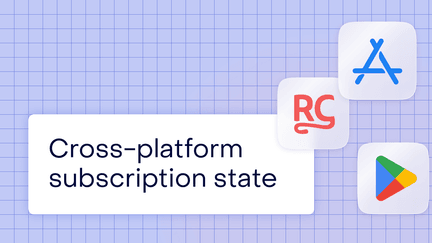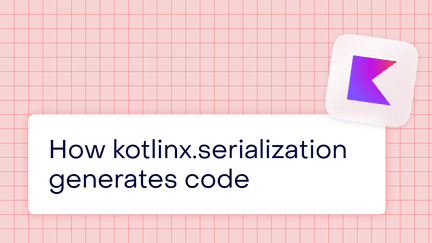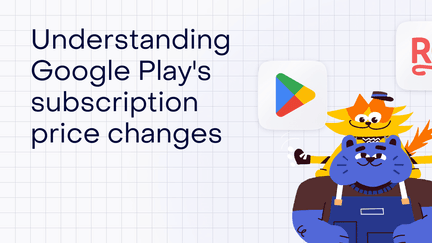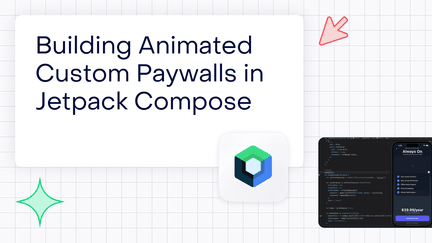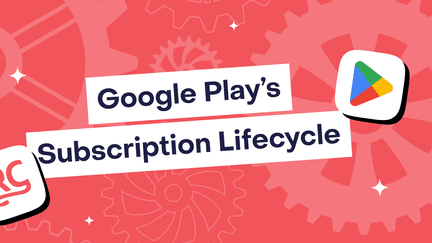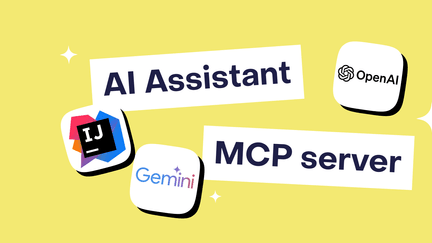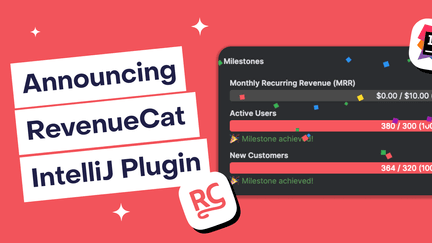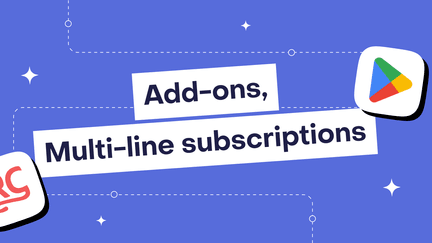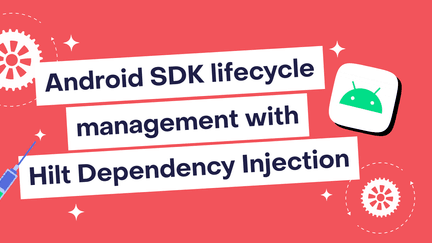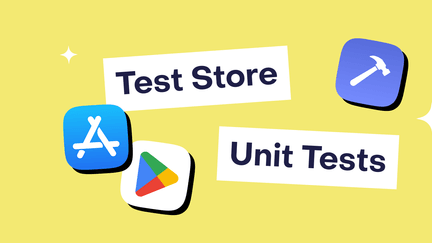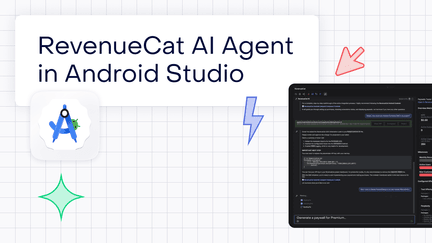
Meet the AI agent that creates paywalls, writes code, and tracks revenue in your Android Studio
- Engineering
In this article, you'll explore the key features of the RevenueCat IntelliJ Plugin, including AI paywall generation, and analyze charts.
In this article, you'll explore the key features of the RevenueCat IntelliJ Plugin, including AI paywall generation, and analyze charts.
In this article, you'll explore why cross platform subscription state is so difficult to implement, examine the fundamental incompatibilities between Google Play Billing and StoreKit.
In this article, you'll dive deep into the internal mechanisms of the kotlinx.serialization compiler plugin.
Explains how to correctly handle common edge cases in Google Play Billing, including pending purchases, ITEM_ALREADY_OWNED errors, multi-quantity consumables, subscription downgrades, and network failures.
You will cover how to manage subscription price changes—covering opt-in vs. opt-out models, notification requirements, implementation details, and how RevenueCat helps handle the process smoothly for both new and existing subscribers.
In this article, you'll explore how to build sophisticated "Day & Night" animated paywalls in Jetpack Compose.
You will break down the complete Google Play subscription lifecycle in depth.
Explore how the AI Assistant works in RevenueCat's IntelliJ plugin, what you can accomplish with it to boost your subscription revenue.
We're announcing the RevenueCat IntelliJ plugin, which is a tool that integrates RevenueCat's core functionality directly into your IDE.
Read on to explore what multi-line subscriptions are, discuss practical strategies for using them effectively, walk through the implementation details using the Play Billing Library directly.
In this article, you'll dive deep into SDK lifecycle management with Hilt, dependency injection library.
You'll deep dive into building reliable, automated unit tests for your in-app purchases logic, especially based on Android and Kotlin
Our entire suite of features comes standard and it's free to get started.
